Handling Teens Who Are Acting Out During The Pandemic
Share the post
Share this link via
Or copy link
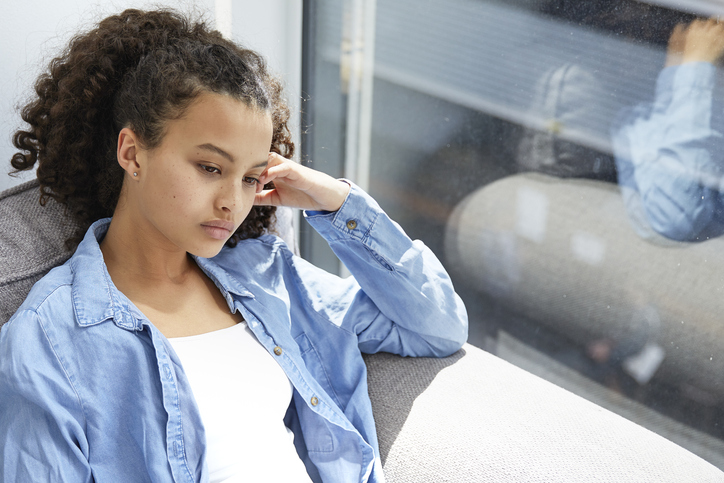
Source: Anna Frank / Getty
Figuring out what to do with our schooling systems might be one of the tougher dilemmas America has faced during the COVID-19 pandemic. The campus environment is ripe with the opportunity for the spread of the virus. You’ve seen it happen in previous cold and flu seasons. One person got sick and then suddenly, everybody got sick. Many schools just don’t have the space to keep kids distanced. And many kids don’t have the discipline to follow the rules surrounding social distancing. All of this has caused many parents to decide to keep their kids home.
For teens, this can be a particularly difficult time. Remember when you were a kid and you just wanted to be around your peers all the time? If you have a teen, know that this is probably their greatest nightmare. Teenagers act out quite a bit when there isn’t a pandemic, so these new restrictions on their lives might lead to some even greater outbursts. We spoke with Demetrius Cofield, a licensed mental health clinician and the event chair at Black Clinician Network, about handling teens who are acting out during the pandemic (more than usual).

Source: unknown / na
A stronger pull towards risky behaviors
“Teenage years are already an emotional period of development which often includes rebelling against parents and rules, egocentric thinking and behaviors, and risky behaviors when it comes to sex, drugs, and illegal activities. When you add the additional stress associated with the pandemic, the likelihood and severity of these things can be even worse,” says Cofield.

Source: Robin Gentry / EyeEm / Getty
More rules = more resentment
Love MadameNoire? Get more! Join the MadameNoire Newsletter
We care about your data. See our privacy policy.
“Parents may notice teens showing more signs of irritability and disrespect as a result of feeling so isolated if they are dealing with being quarantined at home,” says Cofield. “Teenagers already don’t like rules so they will be more willing to break rules and go against what their parents tell them to do.”
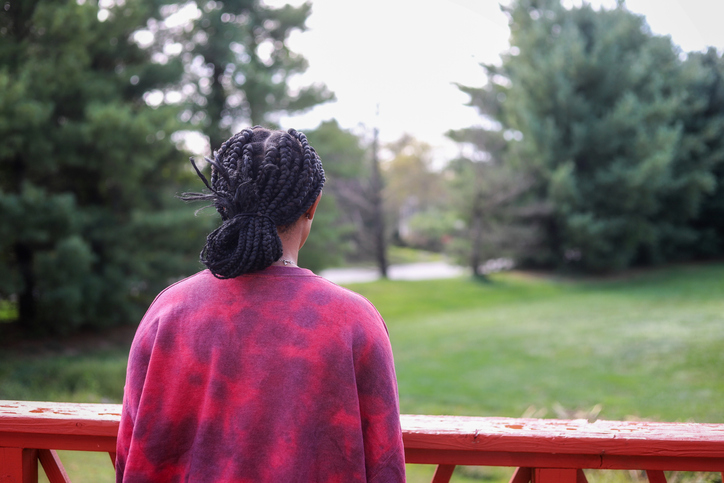
Source: Robin Gentry / EyeEm / Getty
Wanting to escape it all
“Being stuck at home can even lead to them attempting to run away or leave home without permission or an explanation to spend time with their friends,” says Cofield. “For those teens who don’t enjoy spending time at home and may not feel close to their family they might also isolate themselves in their rooms.” He adds that “Sex and drugs will also be a major concern. If they are able to leave home or are left unattended they might find ways to bring drugs into the home or sexual partners. They might also sneak out to have sex and do drugs.”
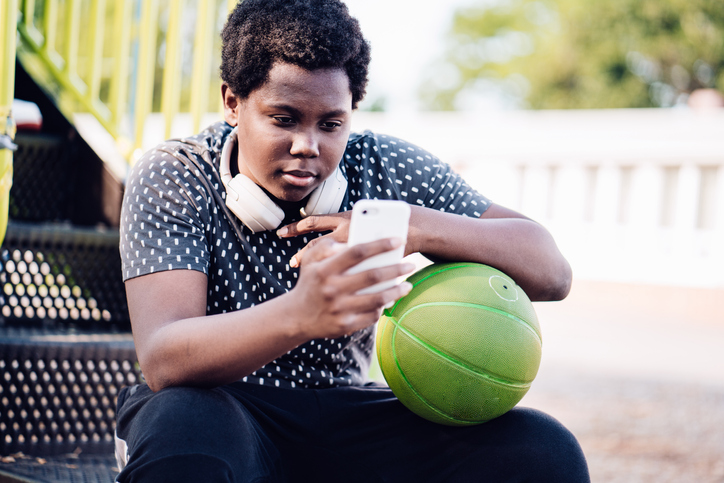
Source: kate_sept2004 / Getty
An uptick in social media obsession
“Social media could also be a source of acting out,” notes Cofield. “With the pandemic, social media activity has increased a lot for teenagers, especially on Tik Tok. Some parents may find out that their teens are posting mean and disrespectful things about them on social media. They might also find their teens becoming even more obsessed with followers and likes.” By the way, Tik Tok just surpassed Instagram popularity among teens.

Source: Boogich / Getty
Acting out online
“They may even begin posting things that may not be appropriate such as risky pictures and sexual innuendos to gain the attention they are not receiving from peer interactions. They might even begin attacking their peers on social media with cyberbullying,” warns Cofield. To that point, research has found that cyber bullying has increased by 70 percent during the pandemic.
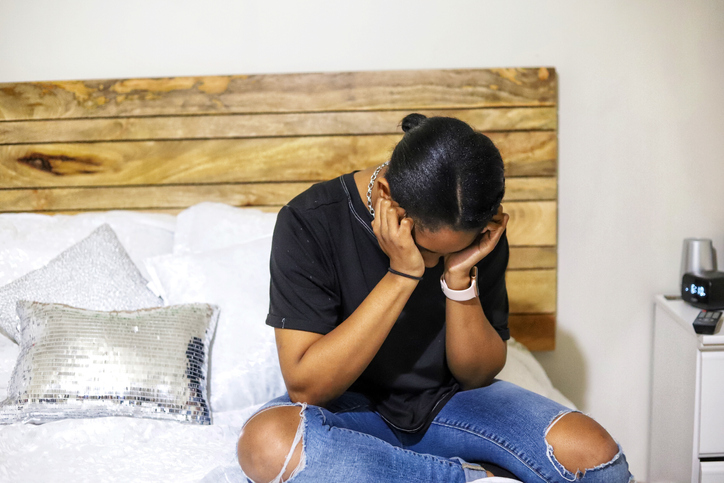
Source: Robin Gentry / EyeEm / Getty
Look out for these mood changes
“Parents may start seeing signs of depression and anxiety about the pandemic and isolation. They should be mindful of symptoms such as changes in sleeping and eating habits as well any significant changes in their moods with feeling down or more irritable. Anger is often seen as a normal thing for teenagers but most people do not realize that anger and irritability can also be signs of depression or other mood disorders,” says Cofield.
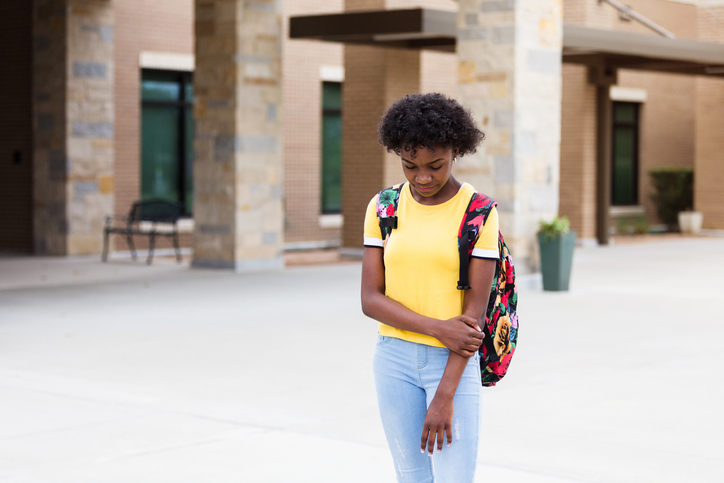
Source: SDI Productions / Getty
A higher risk for common issues
“They might also start developing unhealthy coping skills such as cutting or other forms of self-harm. Suicidal thoughts and attempts might also become a concern for some,” says Cofield. “In some cases, eating disorders tend to develop during this period of development which could become more likely due to isolation.”
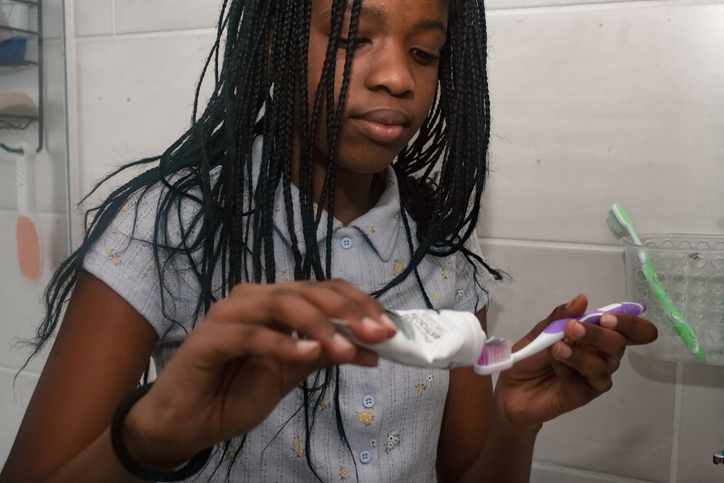
Source: Hello Africa / Getty
Encourage routine and self-care
“For those teenagers who already might suffer from some form of mental illness, parents should be even more mindful in monitoring their behaviors and symptoms. If they are on medication, be sure they are continuing to take it,” advises Cofield. “Be sure they are continuing to keep up with hygiene as well. Sometimes depression manifests in poor hygiene and you might notice they are not showering, brushing their teeth, or changing clothes. Whatever mental illness they may have had, just be particularly mindful of any increase of the symptoms they had before.”

Source: wundervisuals / Getty
They need their peers more than you
“Peer interactions and freedom are some of the most important things to teenagers at this point in their lives,” explains Cofield. “Having stricter rules can lead to them experiencing a loss of control that could lead to them acting out and doing the things mentioned above. Being stuck at home is especially difficult because of the lack of peer interactions they may have, especially for those doing online school. Friendships may suffer due to the lack of interaction and cause them to experience more loneliness without having someone to relate to or connect with. Online school could also make learning more difficult for them and cause them to fall behind which could impact them mentally and academically.”
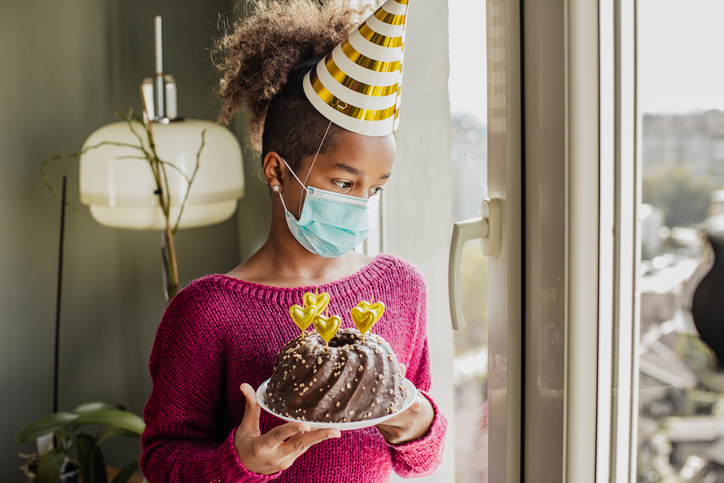
Source: Milko / Getty
Being a teen is stressful enough, but especially for a Black teen
“There’s also the fear associated with the pandemic. The teenage years are already an emotional time and some teens may find themselves extremely anxious and afraid of getting the virus. This could lead to them being afraid to interact with anyone outside of the home if they can and while it may be a choice out of fear, the lack of interactions and connections may still negatively impact them in the ways mentioned above,” says Cofield. “The current issues with racism can also make this pandemic more difficult for teens, particularly Black teens. The added emotional stress and trauma could impact them more and make handling the pandemic even more difficult.”
-

My Husband And I Attempted To Have A Creative Date Night At Home -Without A Babysitter - Here's How It Went
-

She Tried It: Ivy Park Drip 2 and 2.2 Black Pack
-

Our Health, Our Power: Debunking Myths And Taking Charge This Open Enrollment
-

Dear Christians, Your Reaction To Dr. Karri Bryant's Dress Is Partly Why People Don’t Do Church [Op-Ed]



